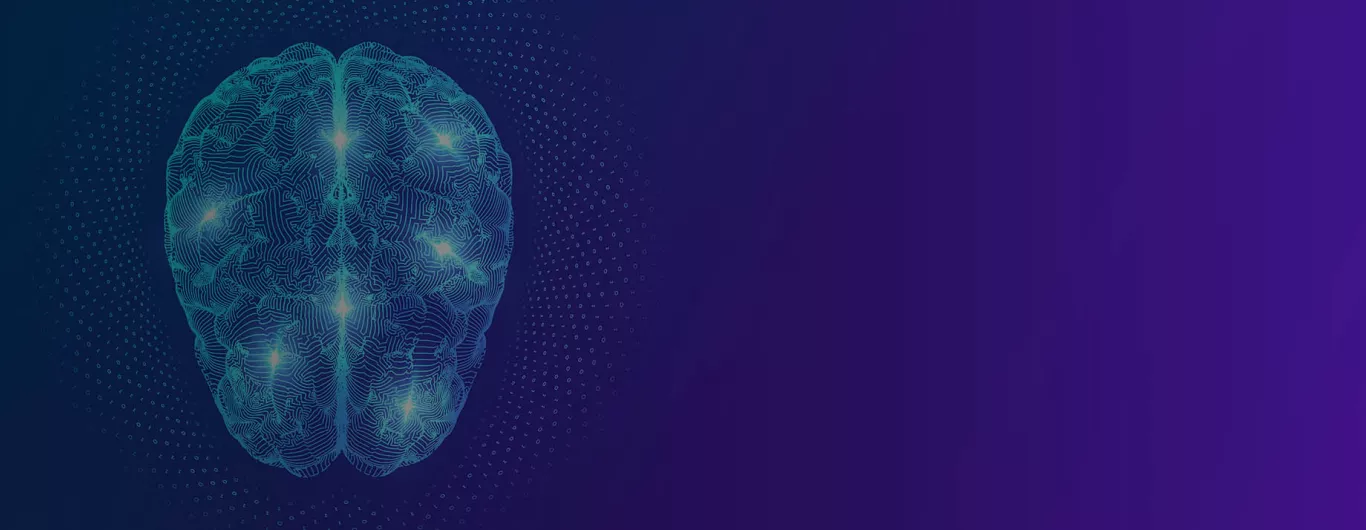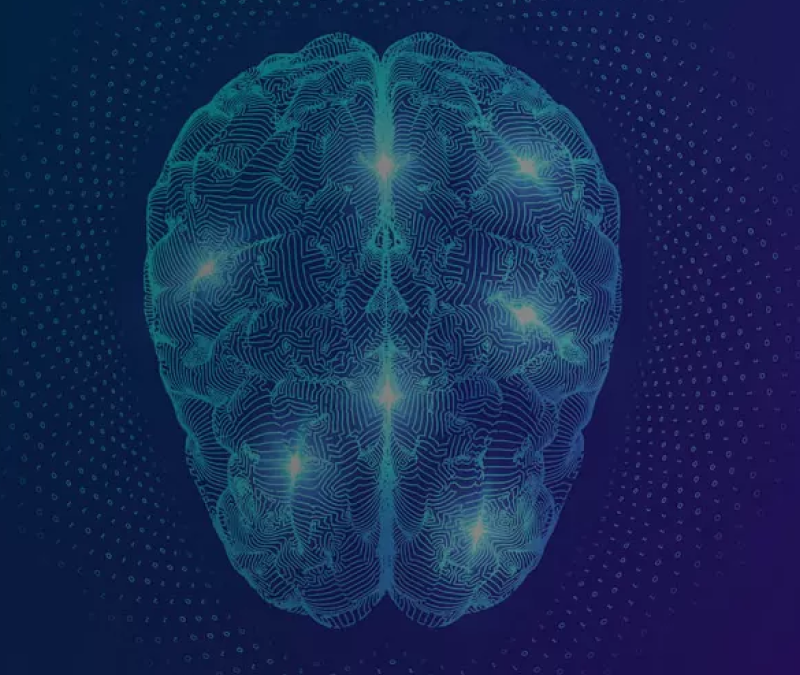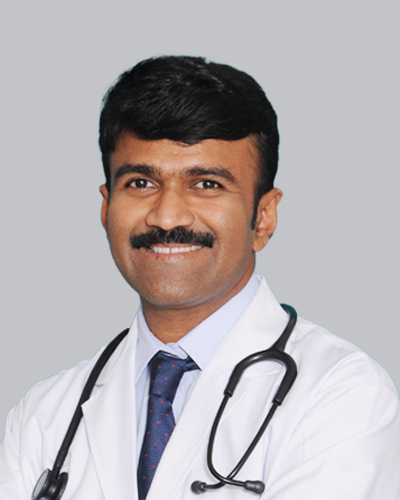Department of Neurosurgery at Ramesh Hospitals started a humble beginning in 2015, with two senior Neurosurgeons. However, with dedicated efforts, hard work and utmost sincerity Department has made a long journey in saving many lives and bagged many lifesaving stories, Yes of course with a happy ending. The department is a final stop for Neurosurgical patient care in Guntur, Andhra Pradesh. It is equipped with ultra-modern technology and equipment from time to time i.e. Operating microscope, CUSA, Ultrasound, 3T MRI, 128 Slice CT, Endoscopes and Advanced Image Guidance System, which are necessary to provide state of the art care at par with the best neurosurgical centres anywhere in the world. With a simple beginning in 2015 and inception of Trauma Centre later, we deal with all types of cranio-spinal trauma, our department, in addition is equipped with well-trained trauma team - Emergency physicians and Trauma response team with mettle care and prompt response with lowest response time. Consultants in the department have expertise in various aspects of modern neurosurgery including trauma care, cerebrovascular surgery, interventional neuroradiology, endoscopic neurosurgery, minimally invasive neurosurgery and stereotactic neurosurgery. Our Department has always been vanguard in the areas of research and academic activities. There has been research on evidence based clinical practice and laboratory based work. There are 2 neurosurgical operation theatres situated in the OT Complex floor. Operation theatres are equipped with the state of the art modern amenities and equipment e.g. laminar flow, electro hydraulic operating tables, latest operating microscopes, CUSA, image intensifiers, intra-operative ultrasound, intra-operative vascular Doppler machine, intra-operative neuro-navigation , intra-operative EEG, intra-operative cell saver (to recycle blood loss during surgery), intra-operative trans-oesophageal echocardiography, intra-operative evoked potential recording, nerve stimulators etc. Along with this each operation theatre is equipped with state of the art anaesthesia equipment and monitoring systems. The department of neurosurgery has back up of most modern sister departments of Neuro-radiology and Neuro-pathology. The neuro-radiology department is equipped with state of the art biplane DSA machine, 256 and 128 slice CT machine, 3 Tesla MRI machine and latest ultra-sound machine.
Neuro Surgery





